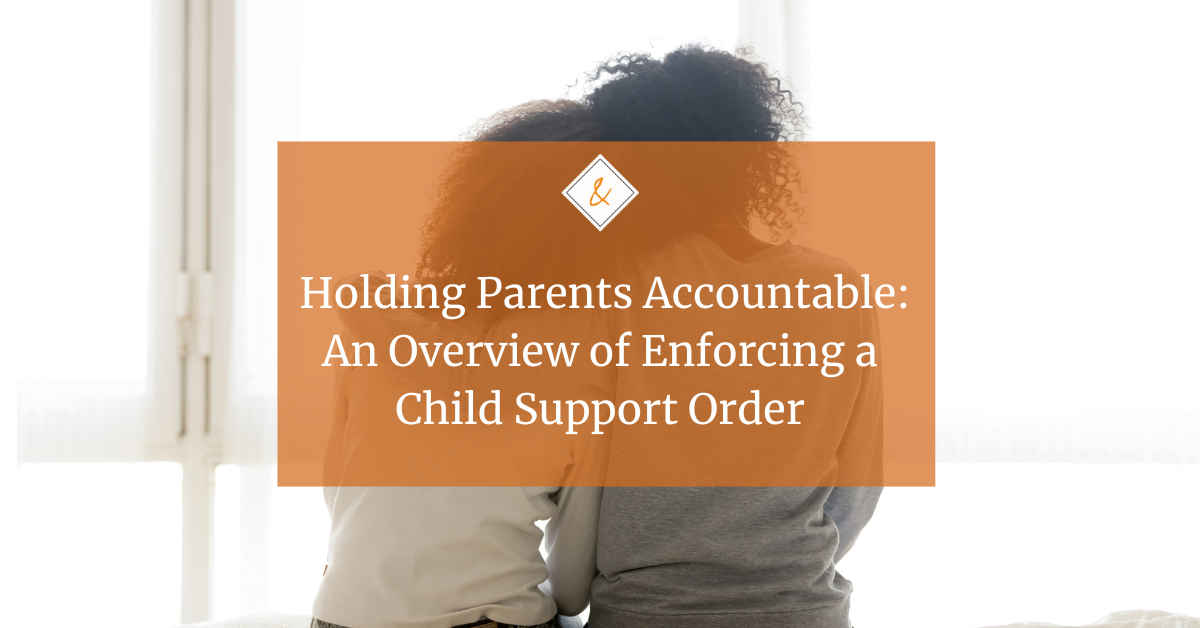As attorneys, so often clients come into our offices and tell us information they have learned from friends, family or on the internet which they believe to be accurate and reliable information in the context of their divorce case. However, much of this information is urban legend and not the law.
- Common Law Marriage: Many people believe that if they have lived in the same house with another person for a period of seven years, then they are considered common law married to that person. This is not correct. First, common law marriage was abolished in Pennsylvania on January 2, 2005. What this means is that any alleged common law marriage entered into after that date will not be recognized. If you believe you have a common law marriage that was entered into before January 2, 2005, living together for a period of years is not enough to establish a common law marriage. You and your spouse, must also have exchanged words of present tense of the intent to be married.
- Marital Property is Always Divided Equally: Many people believe that a couple’s marital assets are automatically divided equally between them in the event of a divorce. However, in Pennsylvania, which is an equitable distribution state (as opposed to states, like California, which have a community property distribution), marital property is divided based on fairness taking into account a number of factors, including the length of the marriage, the ages and health of the parties, the income of the parties and the non-marital property of a party.
- Moms Always Get Primary Custody: Many people believe that courts traditionally award mothers primary custody of the children. The decision is gender neutral and based on what is in the best interests of the children, after an analysis of a number of factors. There is no presumption in the law that mothers are more capable of caring for children than fathers or vice versa.
- Alimony: There is an incorrect presumption that a party will receive alimony for one year for every three years of the marriage. This is not the law. There is no hard and fast rule for the amount or duration of an alimony award. Alimony is a secondary remedy based on need, after the marital property is divided. If a party is unable to meet their reasonable living expenses with their own income and the income they will receive by virtue of the assets awarded to them in equitable distribution, a court may award that party alimony.
- Because My Spouse Cheated, I Will Get More Money: Many times, a spouse believes that simply because his or her spouse had an affair that this will result in a greater financial award to the innocent and injured spouse. This is generally not the case. First, marital misconduct is not a factor at all in the division of marital property. Second, it is only one factor among a number of factors in making an alimony award and the practical reality is that judges and masters discount this factor in most cases.
- Abandonment of the House: Many times, a spouse believes that if they move out of the marital residence it will constitute abandonment of the property and they will somehow lose their interest to the property. This is not the case. Even if one spouse moves out, the value of the marital residence will be divided as part of the distribution of the assets. However, if one spouse moves out, those actions could support the other spouse’s claim for exclusive possession of the marital home pending the divorce.
As a result of the false information out there for public consumption, it is important for a party considering or going through a divorce to consult with counsel to make sure they have the correct information relevant to his or her own case.



